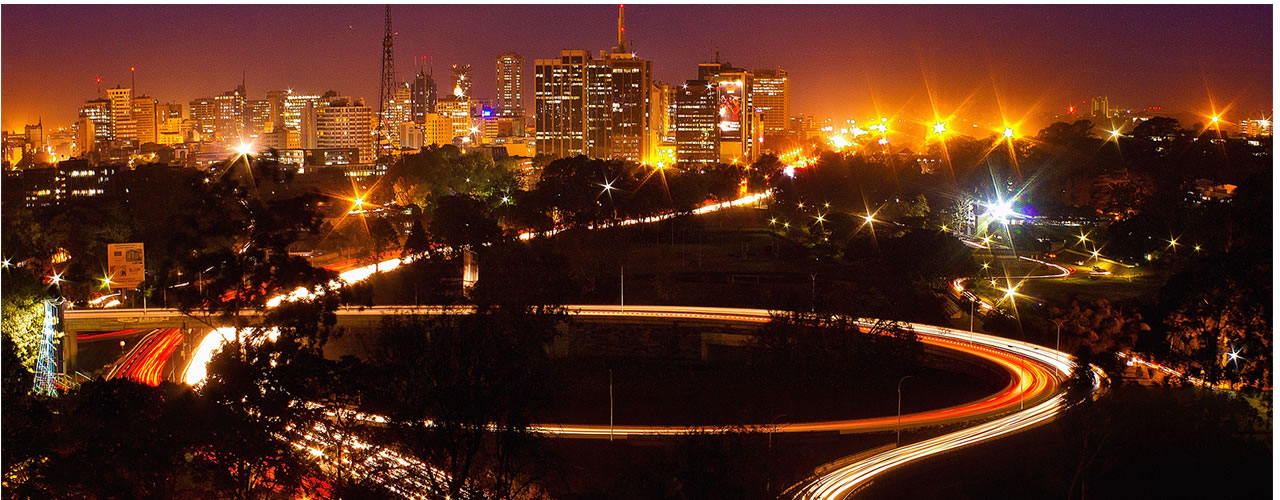How much will infrastructure led growth drive the EAC economies?
In the latest national budget estimates in Uganda, Kenya, Tanzania and Rwanda, the construction of roads, railways and oil pipeline, harmonization of axle load controls and service automation at border points have been the dominant areas of focus across the East African Community with a combined budget of close to USD.2B. However, as per the budgets, the African Development Bank, the World Bank and the European Union are financing most infrastructure projects with a regional dimension.
Uganda has a budgetary allocation of Ush101 billion ($32.5 million) for power projects; Ush35 billion ($11.3 million) for the acquisition of land for construction of the oil refinery and Ush4.5 billion ($1.45 million) for the Kampala-Kigali standard gauge railway line.
Kenya has allocated Ksh118.1 billion ($1.2 billion) for the standard gauge railway, Ksh25.7 billion ($260.6 million) for the Railway Development Levy Fund (for SGR), Ksh 1.3 billion ($13.2 million) for ports, and Ksh21.1 billion ($213.9million) for geothermal power development.
Rwanda has indicated it will increase levy taxes on fuel for the Road Maintenance Fund to cater for the regional infrastructure projects. The Ministry of Finance has introduced a Rwf5.2 billion ($7.4 million) levy on fuel, infrastructure levy on imports of Rwf10.6 billion ($15.1million) and Rwf8.6 billion ($12.3million) for strategic oil reserves to help finance the key infrastructure projects.



